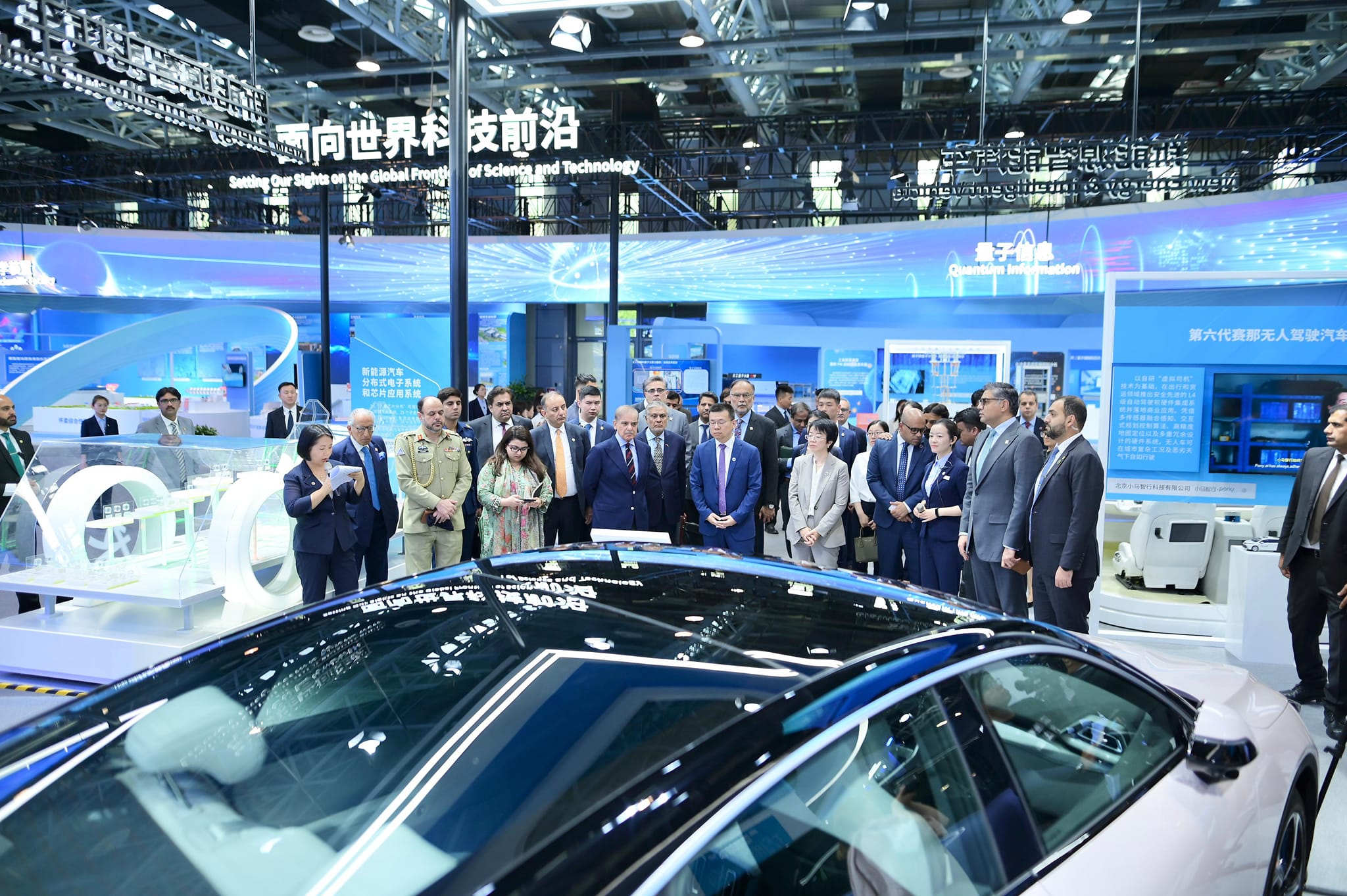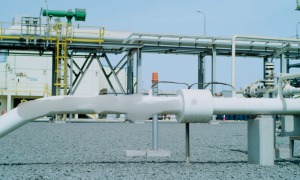Prime Minister Shehbaz Sharif’s five day visit to China has set a roadmap for future cooperation between the two countries. A joint communique issued at the conclusion of the visit clearly highlights the priority areas but a lot will depend on how Pakistan follows up to ensure the implementation of the agreements and projects agreed upon during the visit.
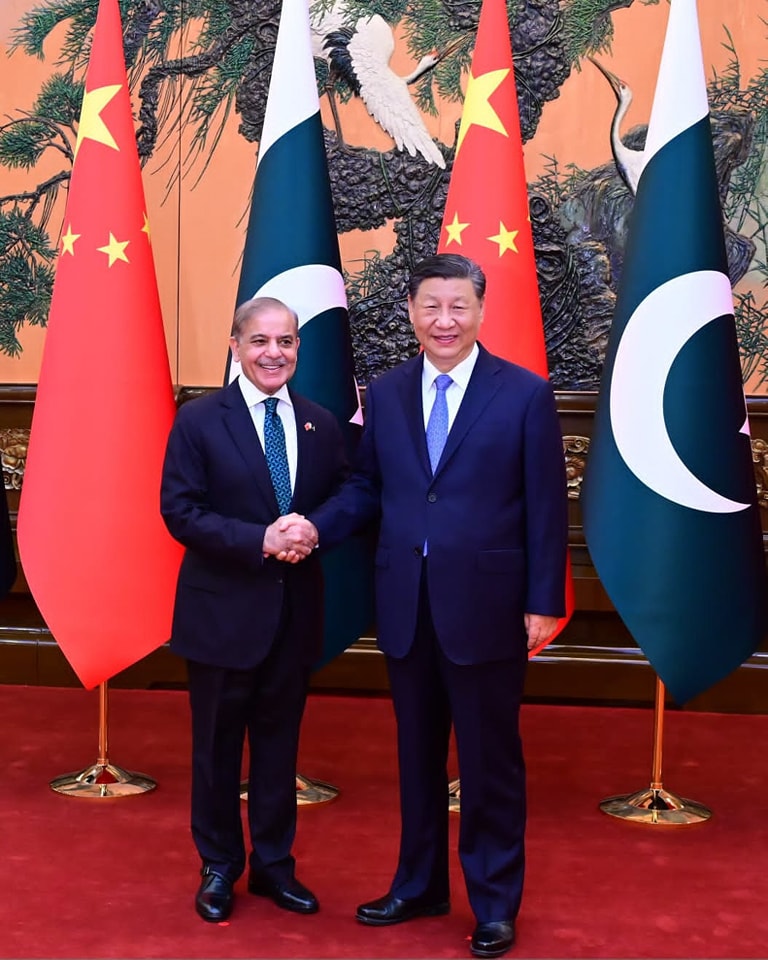
During the visit, Prime Minister Shehbaz Sharif and Chinese leaders engaged in in-depth discussions, covering a broad spectrum of bilateral relations, regional issues, and the international landscape. Both sides reiterated their steadfast support for each other on core issues, reaffirming their commitment to strengthening the Pakistan-China All-Weather Strategic Cooperative Partnership. This partnership, built on mutual trust and respect, has remained resilient over 73 years, enduring the vicissitudes of global politics and evolving as a cornerstone of both countries’ foreign policies.
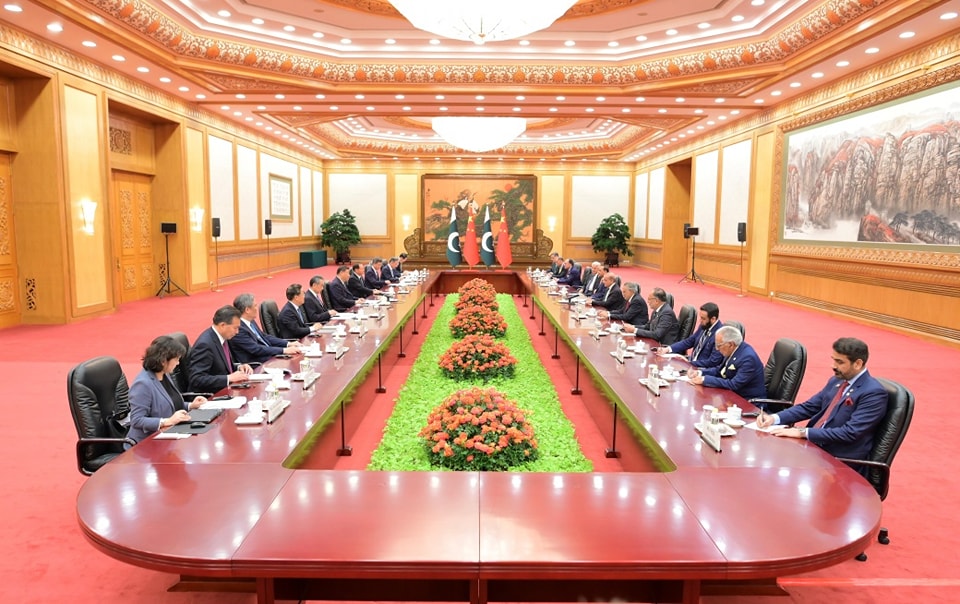
Economic cooperation, particularly through the China-Pakistan Economic Corridor (CPEC), was a central focus of the discussions. CPEC, a flagship project of the Belt and Road Initiative (BRI), has significantly altered Pakistan’s development landscape, fostering infrastructure development, energy projects, and socio-economic growth. Now there appears to be a common desire to further elevate CPEC, developing it into an “upgraded version” through the establishment of various corridors: growth, livelihood-enhancing, innovation, green, and open corridors. These corridors align with Pakistan’s 5Es Framework, focusing on Exports, E-Pakistan, Environment, Energy, and Equity & Empowerment, aiming to bring comprehensive socio-economic benefits to both nations.
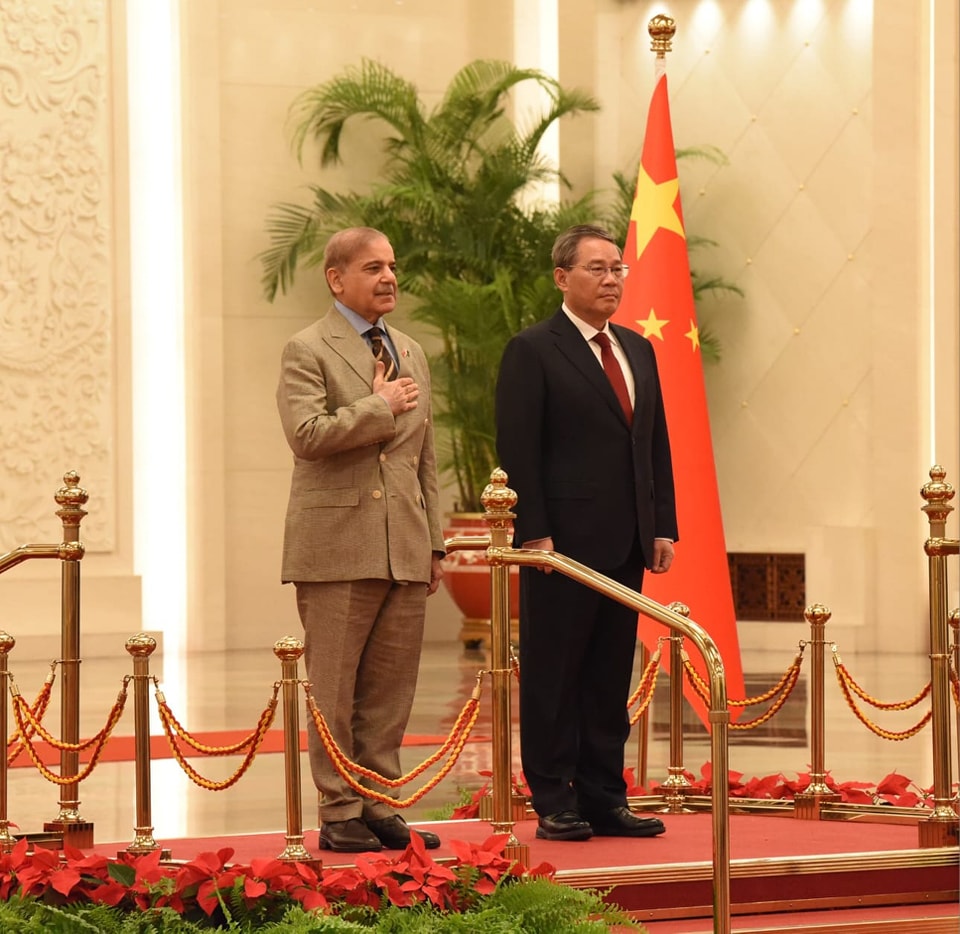
Among the significant projects highlighted in the communique, the upgradation of the ML-1 railway line is of paramount importance. Despite prolonged delays, the inclusion of this project in the joint statement signifies a renewed focus from both sides. The ML-1 project promises to modernize and transform railway infrastructure, thereby enhancing connectivity and economic activity.
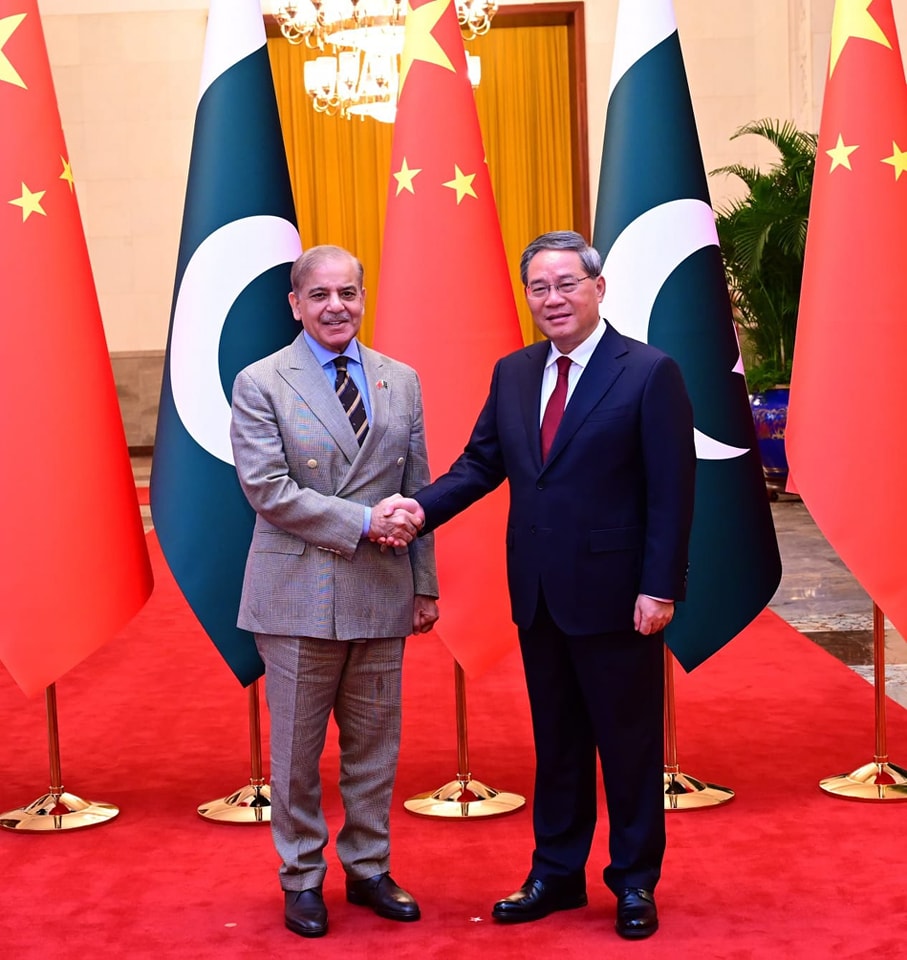
The Karakoram Highway (Raikot-Thakot) realignment project was also emphasized for its strategic importance, facilitating smoother operation of the vital land-based channel between Pakistan and China. Additionally, the upgradation of the Khunjerab-Sost pass was discussed, aiming to ensure its year-round functionality. This project is crucial for promoting trade and people-to-people exchanges between the two nations.
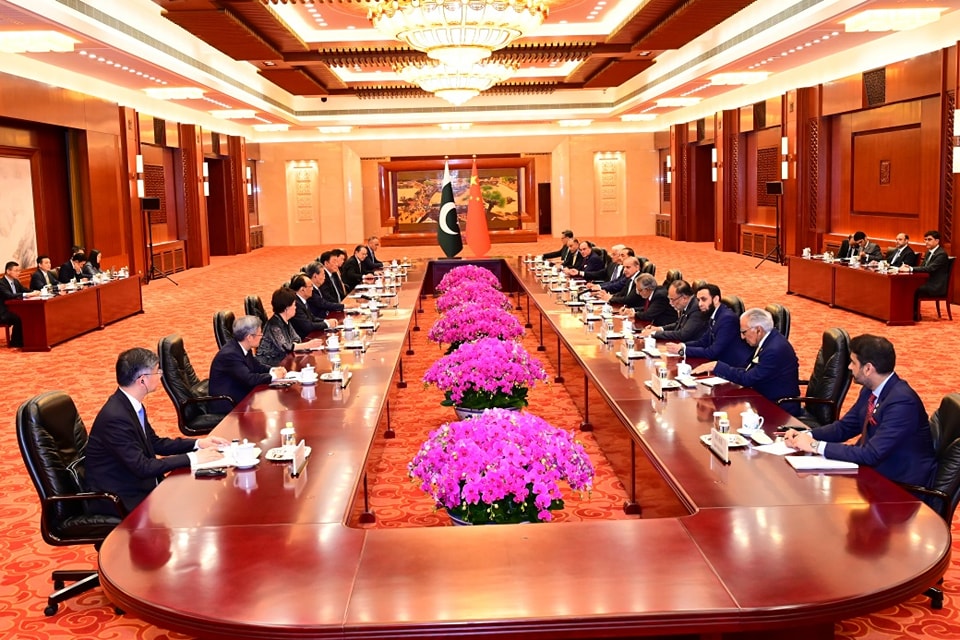
Industrial cooperation under the high-quality development framework of CPEC was the most important area of focus. The signing of the Action Plan for the Framework Agreement on Industrial Cooperation signifies a mutual interest to strengthening industrial ties. China reiterated its dedication to supporting Pakistan’s industrialization and encouraged Chinese companies to invest in Pakistan’s Special Economic Zones (SEZs).
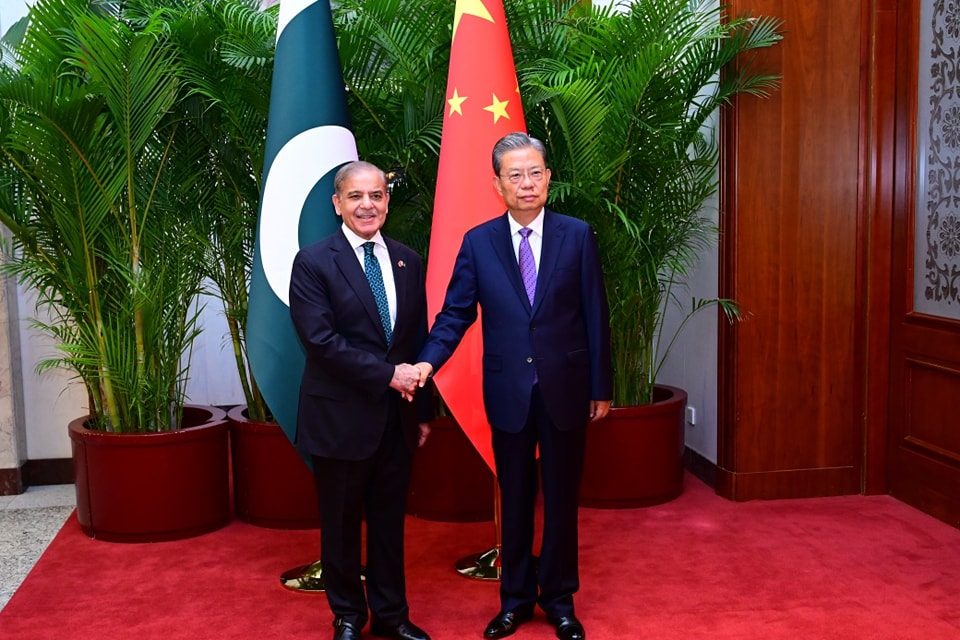
This industrial cooperation is poised to enhance Pakistan’s export capacity, contributing significantly to its economic growth and development. This really shows the genuine and honest desire in China to see Pakistan grow. Despite facing threats of terrorism, the Chinese resolve to encourage its companies to invest in Pakistan shows their openheartedness towards us. The robust industrial cooperation will also pave the way for technology transfer, skills development, and increased productivity in Pakistan’s industrial sector. Hence no effort should be spared on our part and as was also promised by the PM to ensure foolproof security of the Chinese friends.

Agricultural cooperation was another important sector that both the sides desire to deepen their cooperation. Prime Minister Sharif’s announcement to send one thousand Pakistani students to study agriculture in China highlights the emphasis on capacity building and knowledge transfer.
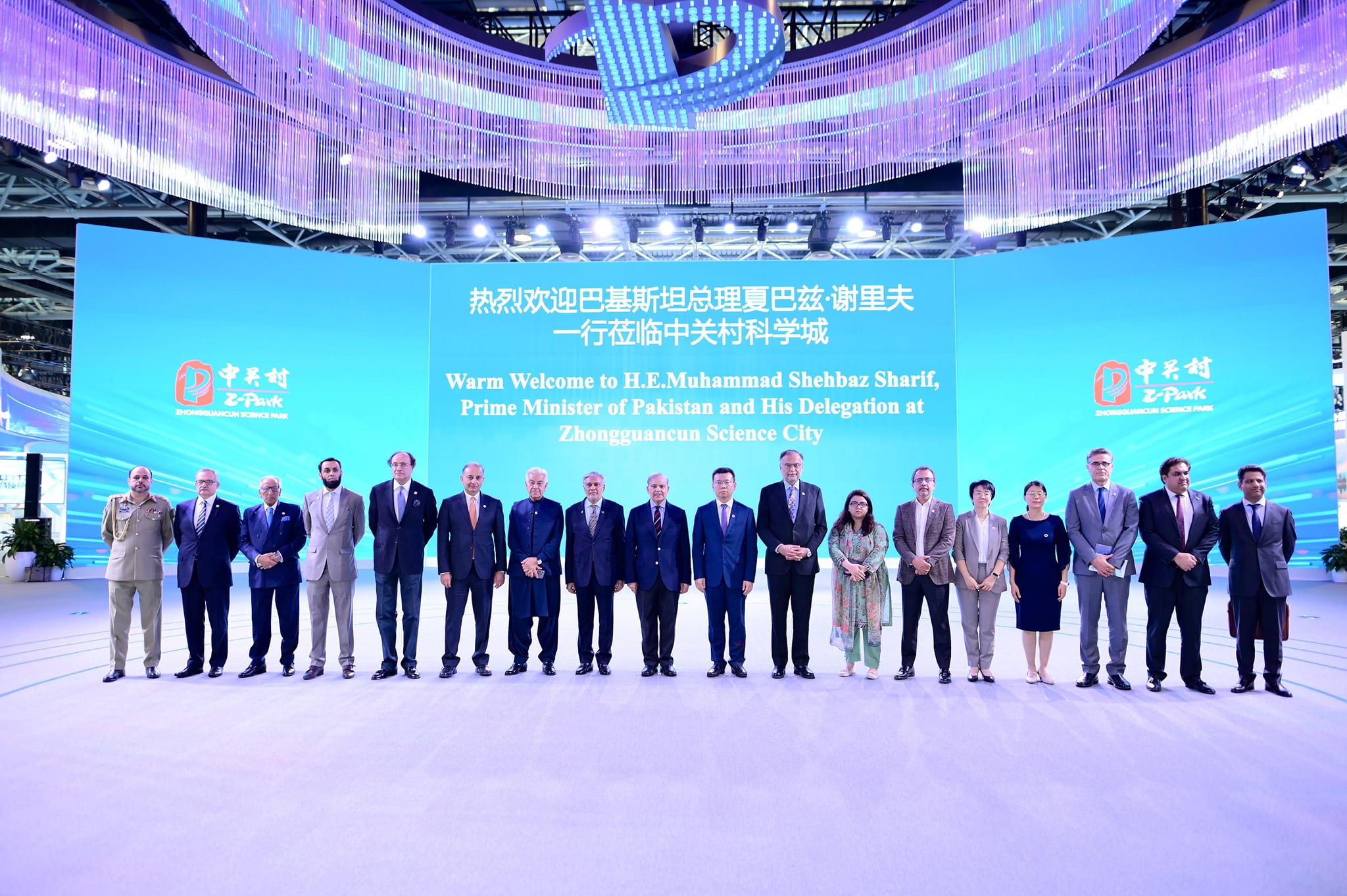
However, beyond this initiative, a holistic approach to agricultural cooperation is need of the hour. This must include joint research initiatives, collaboration between research institutes, and the establishment of joint research centers. Such comprehensive engagement will help learn from each other’s expertise and experiences, promoting sustainable agricultural development and food security in both countries.
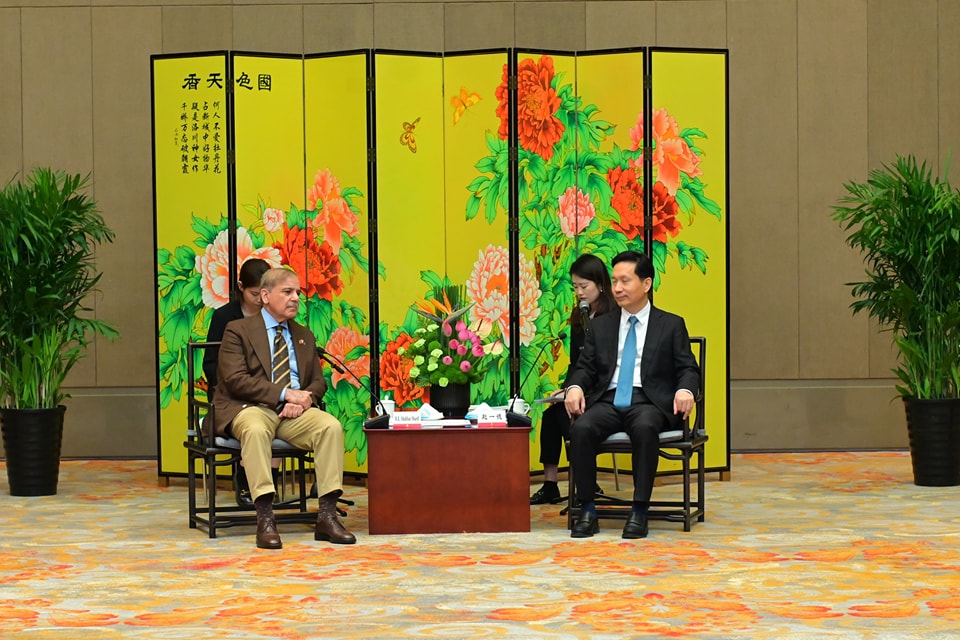
As both nations aim to elevate CPEC to the next level, there is a shared readiness to involve other countries in the corridor project. Potential partners such as Russia, Iran, Saudi Arabia, and Afghanistan could play a crucial role in expanding the scope and impact of CPEC. Collaborative efforts to bring more countries into the fold could further enhance regional connectivity and economic integration, benefiting all participating nations. This inclusive approach underscores the vision of CPEC as an open and cooperative platform for shared growth and prosperity.
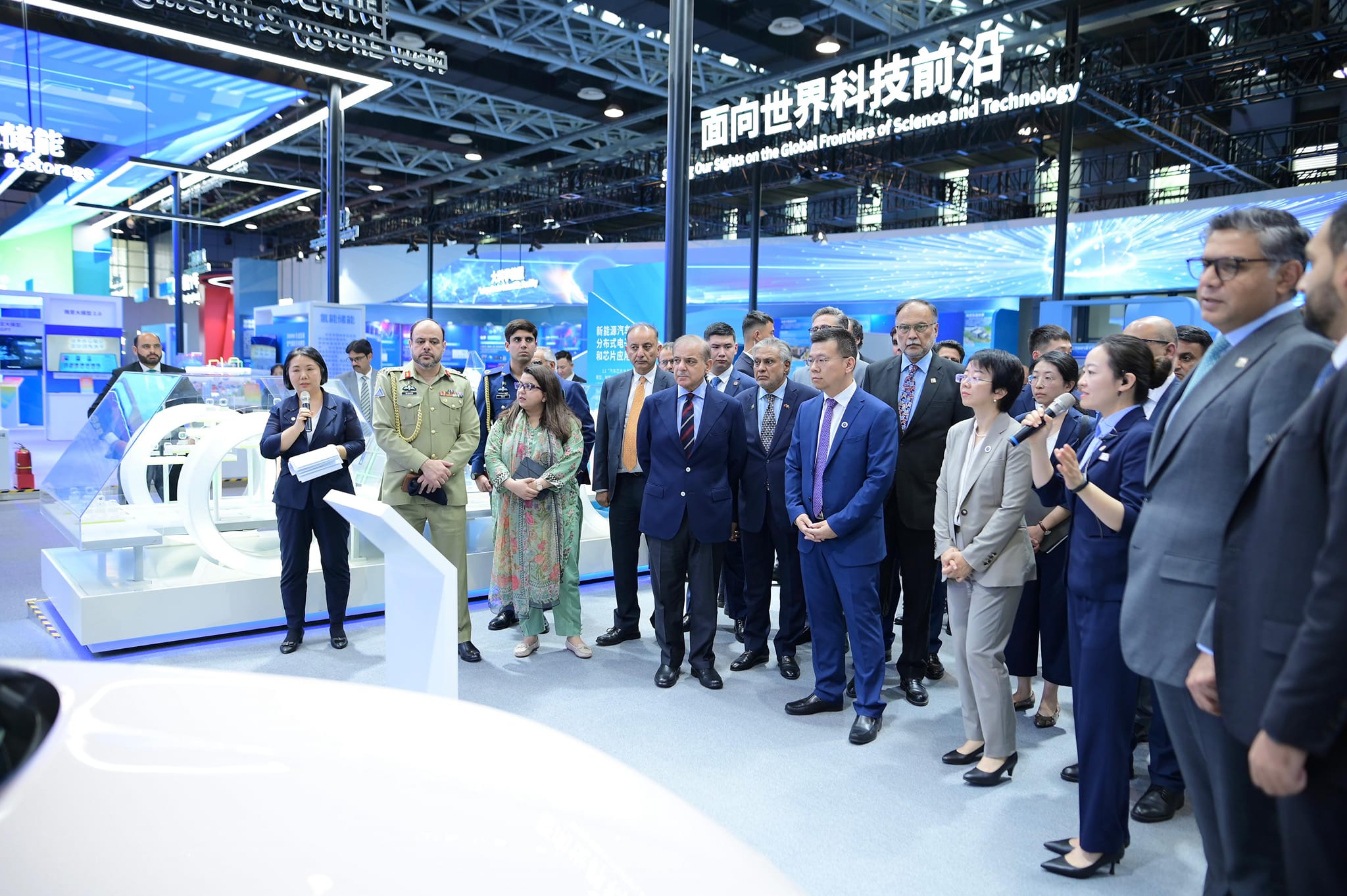
However, the successful implementation of these initiatives requires diligent follow-up and robust mechanisms to ensure that the agreements translate into tangible outcomes. Our authorities concerned must prioritize the execution of these projects, streamline bureaucratic processes, and create an enabling environment for Chinese investments. Effective coordination and timely action will be key to realizing the full potential of the roadmap set during Prime Minister Sharif’s visit, ensuring that the strategic partnership between Pakistan and China continues to flourish and deliver mutual benefits for years to come.
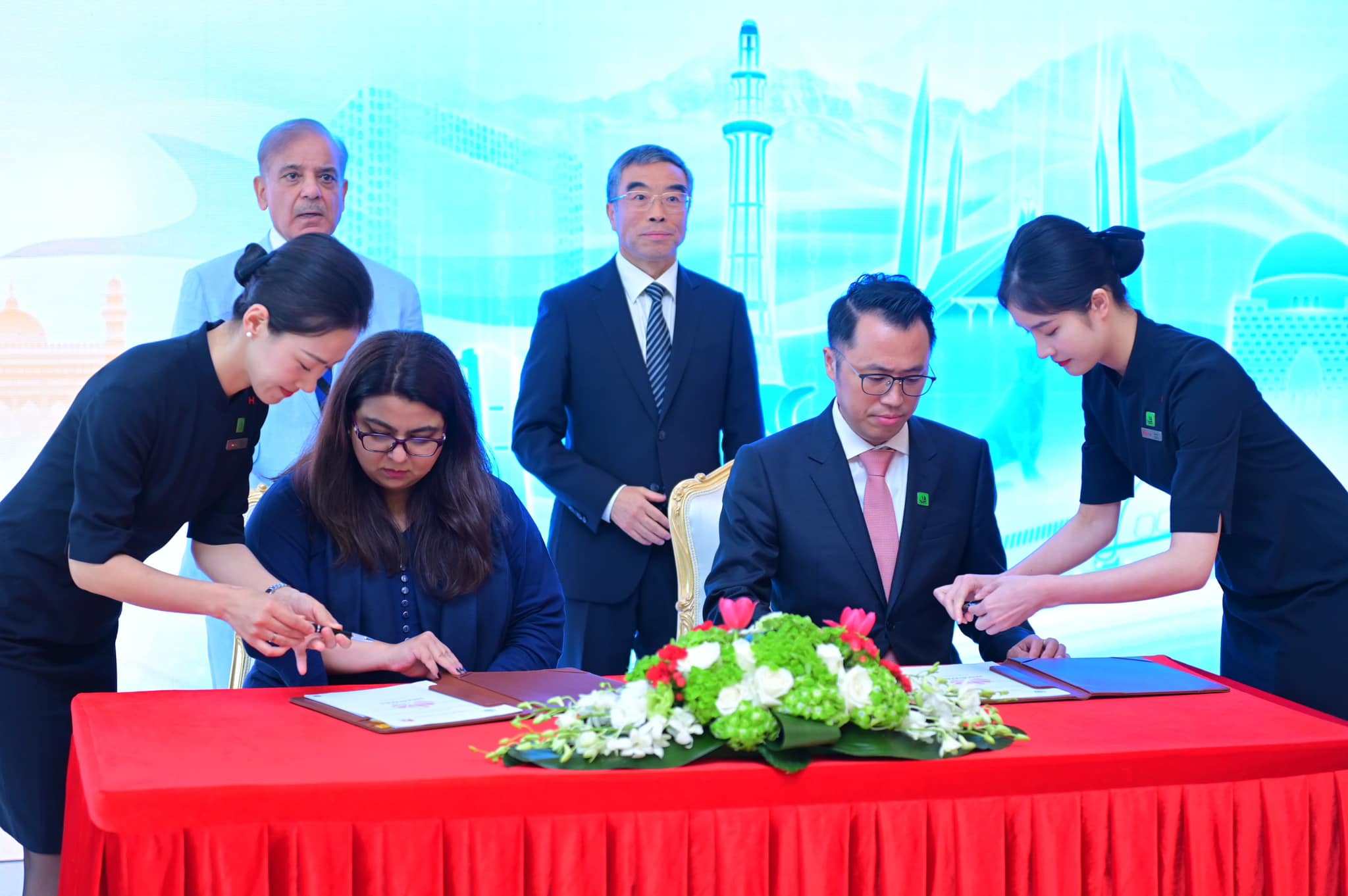
The discussions between PM and Chinese leadership also focused on cooperation in the areas of security and defense. Given the history of this collaboration and joint execution of projects especially for PAF and Pakistan Navy, this collaboration is crucial in ensuring regional peace and stability, particularly in light of threats posed by terrorist elements and regional hostilities, especially from India under Prime Minister Modi’s leadership. The strong defense ties between Pakistan and China serve as a stabilizing factor in the region, promoting a balanced strategic environment and countering common threats.
